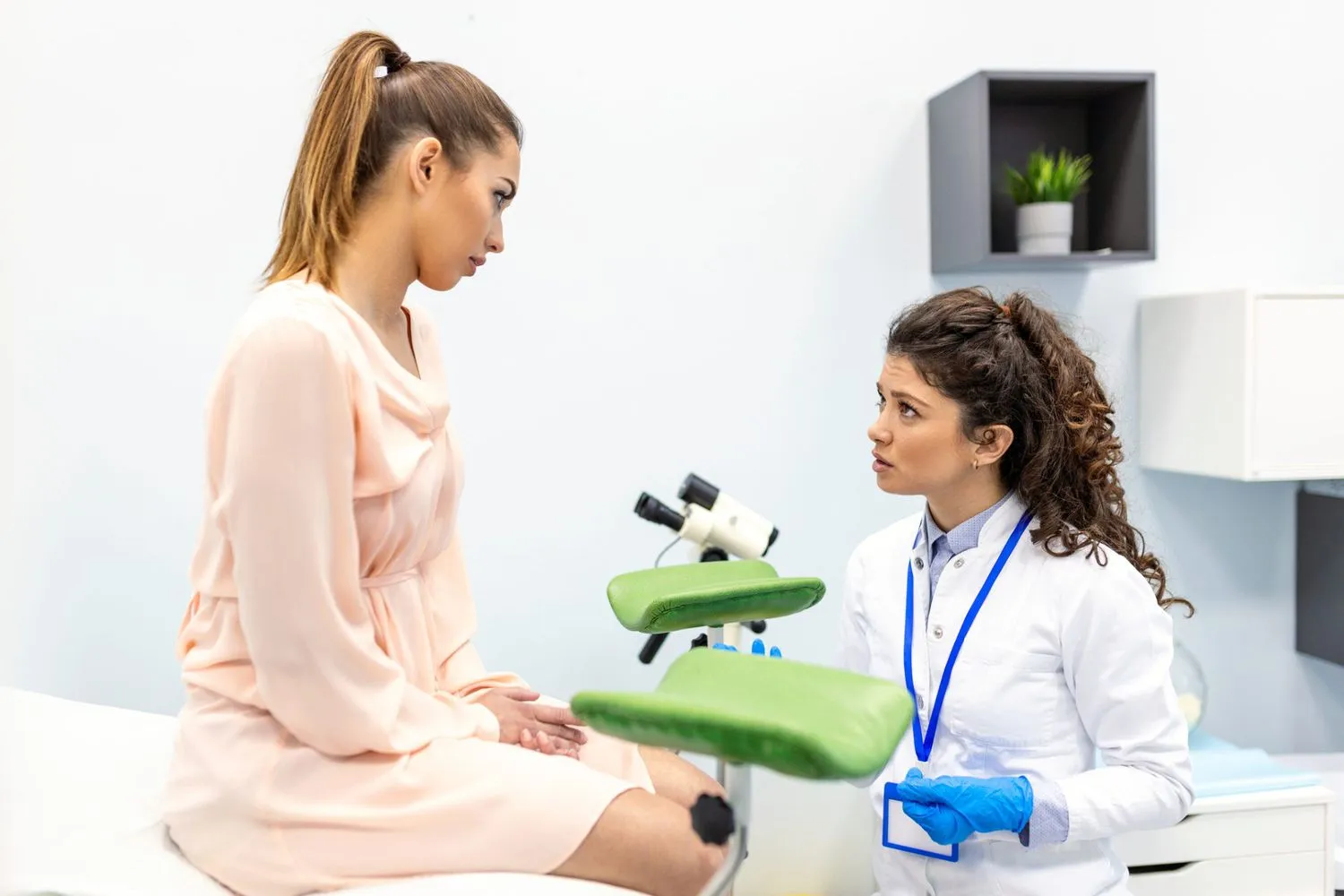In a world where sexual health is of paramount importance, finding a reliable and accessible STD testing facility is crucial. But with the multitude of options available, how do you ensure you’re making the right choice? Look no further. Our comprehensive guide will equip you with the knowledge and resources to locate the best STD testing facilities in your area, promoting a safer and healthier lifestyle.
Whether you’re seeking testing for yourself or a partner, our guide will empower you to stay informed and take control of your sexual health. From providing a breakdown of the different types of STD tests available, to explaining the importance of regular screenings, we leave no stone unturned in helping you navigate this sensitive topic.
Don’t let uncertainty and fear hold you back. With our practical tips and advice, you can confidently locate STD testing facilities that provide accurate and confidential results, ensuring peace of mind and taking proactive steps towards protecting yourself and your loved ones.
The Importance of STD testing
Getting tested for STDs is vital for maintaining your overall health and well-being. Many STDs show little to no symptoms, making it easy to unknowingly transmit the infection to others. Regular testing helps identify infections early, allowing for prompt treatment and prevention of further transmission.
Types of STDs and their prevalence
There are numerous types of STDs, each with its own set of symptoms and health risks. Some of the most common STDs include chlamydia, gonorrhea, syphilis, herpes, human papillomavirus (HPV), and HIV/AIDS. Understanding the prevalence of these infections can help you assess your own risk factors and prioritize testing.
Chlamydia, for example, is the most common bacterial STD. Gonorrhea and syphilis, although less common, still pose a significant public health concern. By familiarizing yourself with the prevalence of these infections, you can make informed decisions about your sexual health.
Signs and symptoms of common STDs
Recognizing the signs and symptoms of common STDs is crucial for early detection and treatment. While some infections may not cause noticeable symptoms, others can result in discomfort, pain, and long-term health complications if left untreated.
Chlamydia and gonorrhea, for instance, often present with symptoms such as unusual discharge, pain during urination, and pelvic pain. Syphilis can manifest in several stages, each with its own distinct symptoms. Understanding these signs can prompt you to seek testing even in the absence of symptoms, ensuring timely intervention.
Why you should get tested regularly
Regular STD testing is essential, regardless of your perceived risk factors or sexual activity. Many STDs can remain asymptomatic for extended periods, making it difficult to know whether you or your partner are infected. By getting tested regularly, you can detect infections early and prevent the spread of STDs to others.
Additionally, if you engage in high-risk behaviors such as unprotected sex with multiple partners or intravenous drug use, regular testing becomes even more critical. By maintaining a routine testing schedule, you can stay proactive about your sexual health and reduce the potential risks associated with undiagnosed STDs.
How to find STD testing facilities in your area
Locating STD testing facilities in your area may seem daunting, but it doesn’t have to be. Start by conducting a simple online search using relevant keywords such as “STD testing near me” or “std testing at home in Dubai.” This will provide you with a list of local facilities that offer testing services at home and in person.
You can also consult local health departments, community organizations, or healthcare providers for recommendations. They often have resources and information regarding reliable testing facilities in your area. Additionally, consider reaching out to trusted friends or family members who may have previously used testing services for their recommendations.
Factors to consider when choosing an STD testing facility
When selecting an STD testing facility, several factors should be considered to ensure you receive accurate and reliable results. First and foremost, verify that the facility is licensed and accredited by DHA. This ensures compliance with quality and safety standards, as well as confidentiality and privacy protocols.
Additionally, assess the facility’s reputation and reviews from previous clients. Look for testimonials that highlight the professionalism, accuracy, and promptness of their services. Consider the facility’s proximity to your home or workplace, as this can impact your ability to schedule and attend appointments.
What to expect during an STD testing appointment
Knowing what to expect during an STD testing appointment can help ease any anxiety or apprehension you may have. At Vesta Care, our nurse would reach your location within 45 minutes to collect the sample. We have the most extensive list of STD Packages available in Dubai.
Depending on the type of test recommended, you may undergo a blood test, urine test, swab test, or a combination of these. The procedure itself is relatively quick and painless, and healthcare professionals prioritize your comfort and privacy throughout the process. Once the samples are collected, they are sent to a laboratory for analysis, and you’ll receive your results within a specified timeframe.
Understanding the different types of STD tests
There are various types of STD tests available, each designed to detect specific infections. Common tests include nucleic acid amplification tests (NAATs), enzyme-linked immunosorbent assays (ELISAs), and polymerase chain reaction (PCR) tests. Understanding the purpose and accuracy of each test can help you make informed decisions about your testing options.
NAATs, for example, are highly sensitive and specific tests that detect genetic material from STD-causing organisms. ELISAs, on the other hand, detect antibodies produced by the immune system in response to an infection. By familiarizing yourself with these tests, you can discuss the most suitable options with your healthcare provider.
How to prepare for an STD test
Preparing for an STD test is relatively straightforward. Depending on the type of test, you may be advised to refrain from urinating for a few hours prior to the appointment or avoid sexual activity for a specific period. It’s essential to follow any pre-test instructions provided by the facility to ensure accurate results.
Additionally, mentally preparing for the test can help alleviate any anxiety or apprehension. Remind yourself that getting tested is a responsible and proactive step towards maintaining your sexual health. If you have any questions or concerns, don’t hesitate to reach out to the healthcare provider or testing facility for clarification.
Conclusion: Taking control of your sexual health
In conclusion, locating reliable and accessible STD testing facilities is essential for promoting a safer and healthier lifestyle. By understanding the importance of regular testing, familiarizing yourself with the prevalence and symptoms of common STDs, and knowing how to find reputable testing facilities, you can take control of your sexual health.
Remember, getting tested regularly, regardless of your perceived risk factors, is crucial for early detection, prompt treatment, and prevention of further transmission. By staying informed and proactive, you can prioritize your sexual health and contribute to a safer and healthier community for all. Don’t wait—start taking steps towards locating STD testing facilities in your area today.




